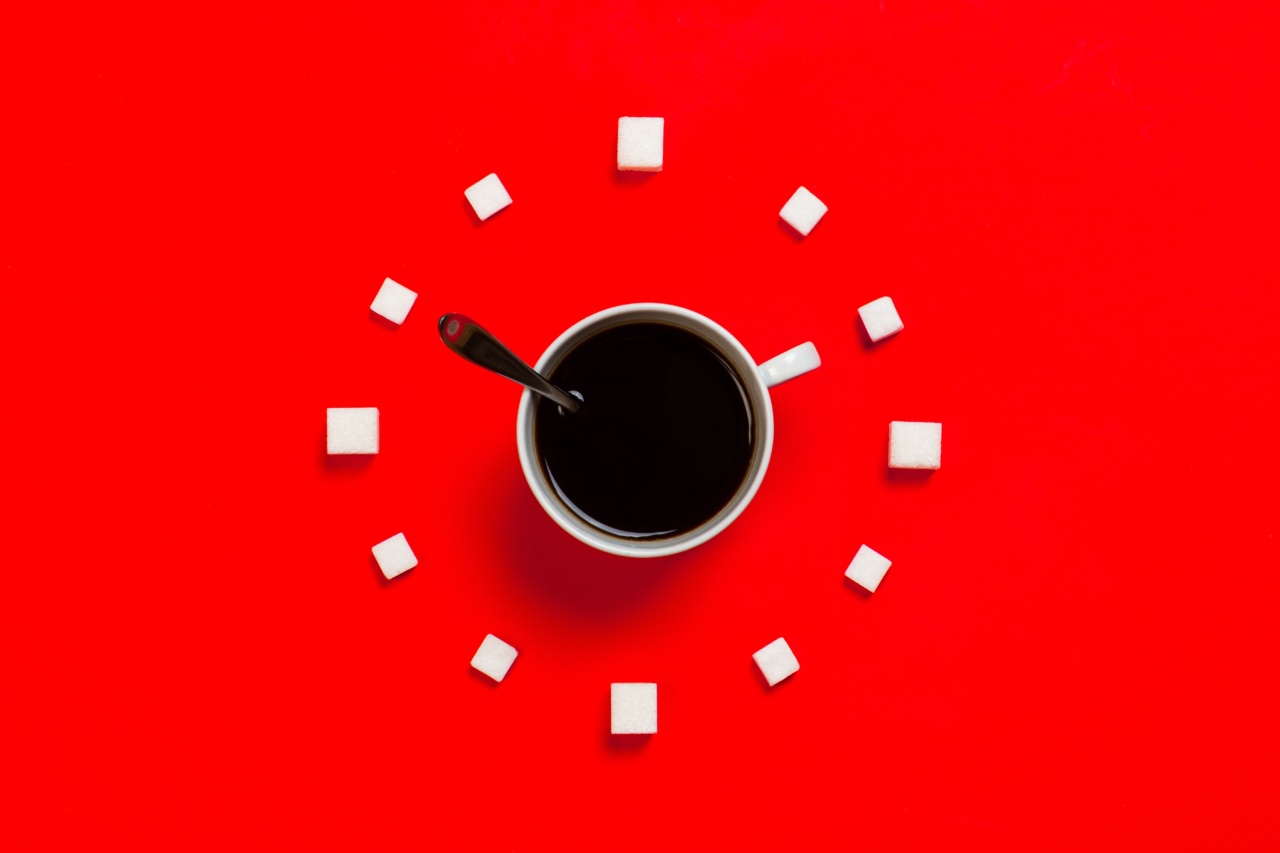Do you ever experience an energy slump during the day? That feeling of exhaustion where even simple tasks seem to take all your effort. This is a common issue for many people, but fortunately, there are some easy ways to combat it.
Here are 9 tips that will have you feeling revitalized in no time:.
1. Get Enough Sleep
The first and most obvious tip is to make sure you’re getting enough sleep. Most adults need between 7-8 hours of sleep each night. If you’re not getting enough sleep, you’re more likely to feel tired and sluggish during the day.
Try to establish a consistent sleep routine by going to bed and waking up at the same time every day.
2. Stay Hydrated
Did you know that even mild dehydration can cause fatigue? Make sure you’re drinking enough water throughout the day. It is recommended to drink at least eight glasses of water each day.
You can also get hydration from fruits and vegetables with high water content such as watermelon or cucumber.
3. Eat a Balanced Diet
Eating a balanced diet of protein, healthy fats and complex carbohydrates will provide you with sustained energy throughout the day. Avoid sugary snacks that will give you an energy boost but will quickly leave you feeling tired and sluggish.
Eat whole foods such as fruits and vegetables, whole grains, lean proteins, and healthy fats like nuts and avocado.
4. Exercise Regularly
Regular exercise stimulates the production of endorphins, which are natural feel-good chemicals that improve mood and energy. Exercise not only helps to improve energy levels but also helps you sleep better at night.
Find an activity that you enjoy, whether it is jogging, yoga, cycling or dancing.
5. Take Breaks
Taking regular breaks throughout the day is essential to maintain energy levels. It is recommended to take a break every 90 minutes. Get outside, go for a walk, do some stretching, or meditate.
These activities will help you to recharge your batteries and boost your productivity.
6. Avoid Caffeine and Alcohol
Caffeine and alcohol both have a dehydrating effect on the body and can disrupt your sleep. While caffeine may give you a short-term energy boost, it can also make you feel anxious and irritable.
Alcohol may make you feel sleepy but it interferes with your sleep cycle and can leave you feeling tired the next day.
7. Manage Stress Levels
Stress can be a real energy zapper. Find ways to manage your stress levels such as practicing meditation, deep breathing, or relaxation techniques.
Take breaks during the day to do an activity that you find relaxing, such as reading a book, taking a bath, or listening to music.
8. Get Some Sunlight
Getting some sunlight during the day can help to regulate your circadian rhythm and improve energy levels. Sunlight exposure helps to regulate the production of the hormone melatonin, which is crucial for sleep.
Aim to get at least 15 minutes of sunlight each day. You can also consider using a lightbox if you live in an area with limited sunlight.
9. Take Supplements
Some supplements can help to boost your energy levels. Adaptogenic herbs such as ashwagandha, rhodiola, and ginseng have been shown to improve energy levels and reduce fatigue.
Vitamin B12 is also essential for energy production, and many people may be deficient in this vitamin. Talk to your doctor or a registered dietitian before taking any new supplements.
These tips can help you to combat an energy slump and feel revitalized in no time. Remember to prioritize good sleep, nutrition, exercise, and stress management, and take breaks throughout the day to recharge your batteries.
Lastly, don’t forget to consult your doctor before starting any new exercise or dietary program.





























